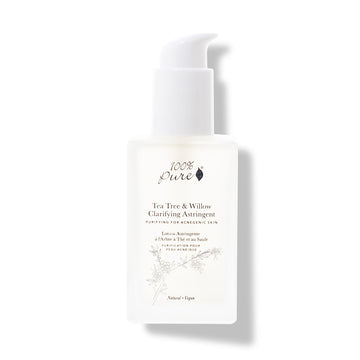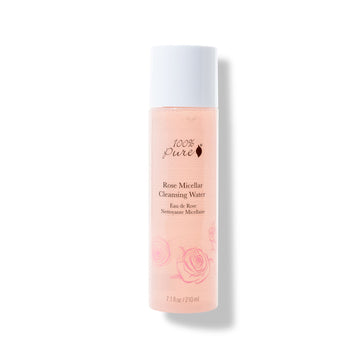How to keep skin safe from harsh alcohols in skin care products
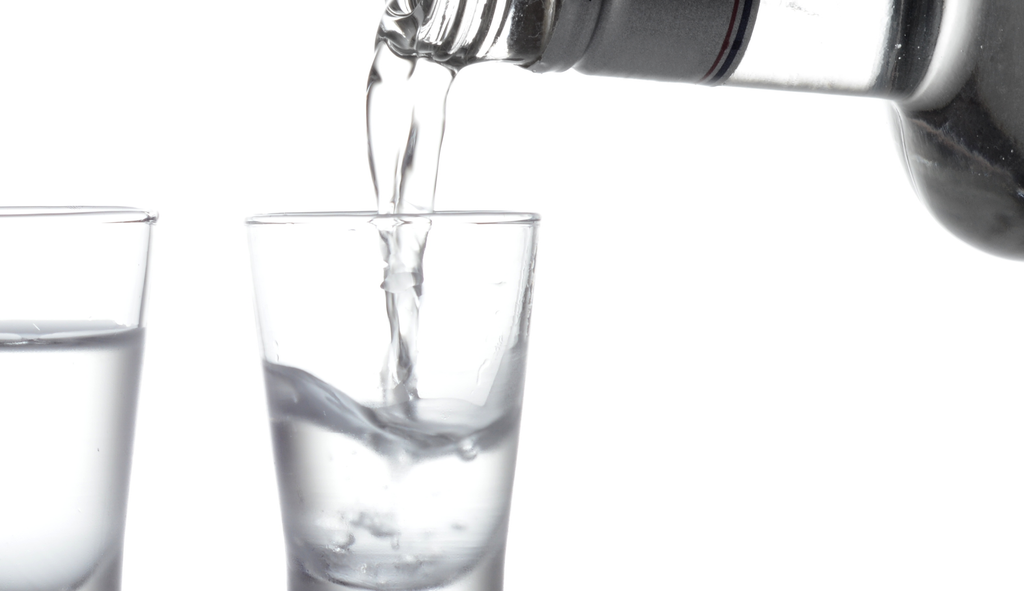
Skin care products are more sophisticated than ever, with ingredients lists that often consist of long, hard-to-pronounce words. It can be extremely tricky to make sense of what you’re putting onto (and therefore into) your skin, and ingredient names can often be misleading.
Alcohol is often perceived as harsh and unsafe for skin, but it’s an ingredient that deserves a bit of research before you judge this book by its cover. It’s similar to how the EWG has given the seemingly innocuous fragrance a “high hazard” rating on its Skin Deep database, since it’s actually a stand-in for numerous unhealthy chemicals. In contrast, superoxide dismutase, which sounds suspicious, has been given a “low hazard” rating. So ultimately, it’s difficult to tell much about a given ingredient from its name alone.
When it comes to skin care products and their mysterious ingredients, today we’re giving alcohol a much deserved moment of clarity!
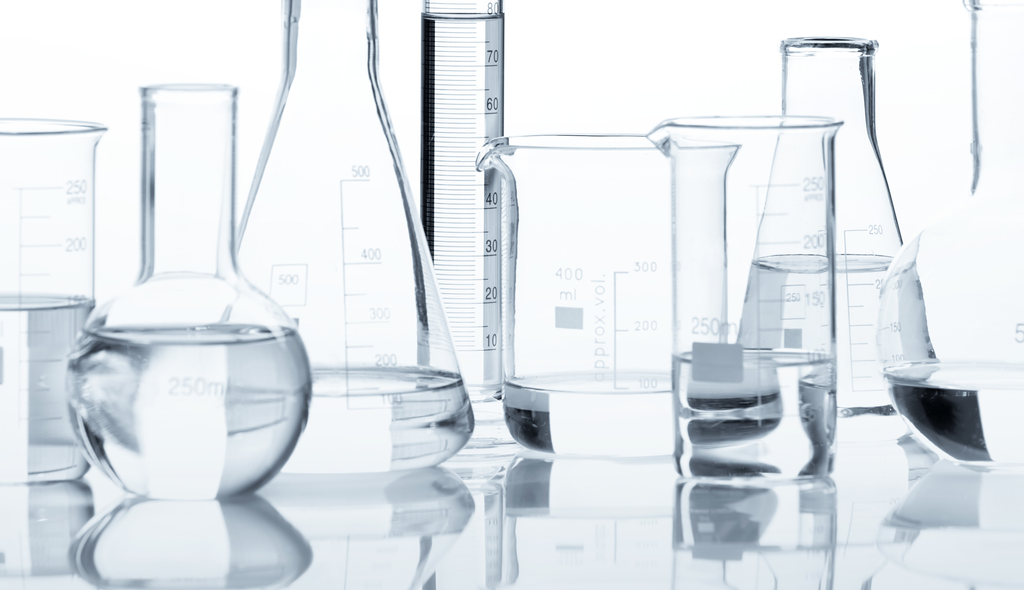 Alcohol in Skin Care Products
Alcohol in Skin Care Products
Although many of us have come to think of all alcohols as unsafe ingredients in skin care products, this is far from true. There are many different kinds of alcohols, with different uses and different health effects. Some are considered safe for topical use, and others are considered unsafe. Take it from us - your skin will certainly tell you if it doesn’t mesh well with a certain type of alcohol.
There are some early red flags to help you determine if your skin care product has ‘good’ or ‘bad’ alcohol content. If you pick up a new cleanser and see that an alcohol is its main ingredient, it’s fair game to consider this a red flag, and you’ll want to do some thorough research before investing in the product. Still, there’s no need to steer clear of all alcohols, all the time. The Skin Deep database is a great resource for checking up on the contents of your products.
The unsafe alcohols in some skin care products are generally simple or denatured alcohols, which are created using petroleum-based ingredients. In other words, not really something you want on your skin or in your bloodstream. These not-so-skin-friendly alcohols include ethanol, isopropyl alcohol, and alcohol denat. Some are used as preservatives; some are used to get skin care formulas to the right textures; some are used to help liquid formulas dry quickly on your skin; and still others may be included in toners and cleansers to help reduce excess sebum.
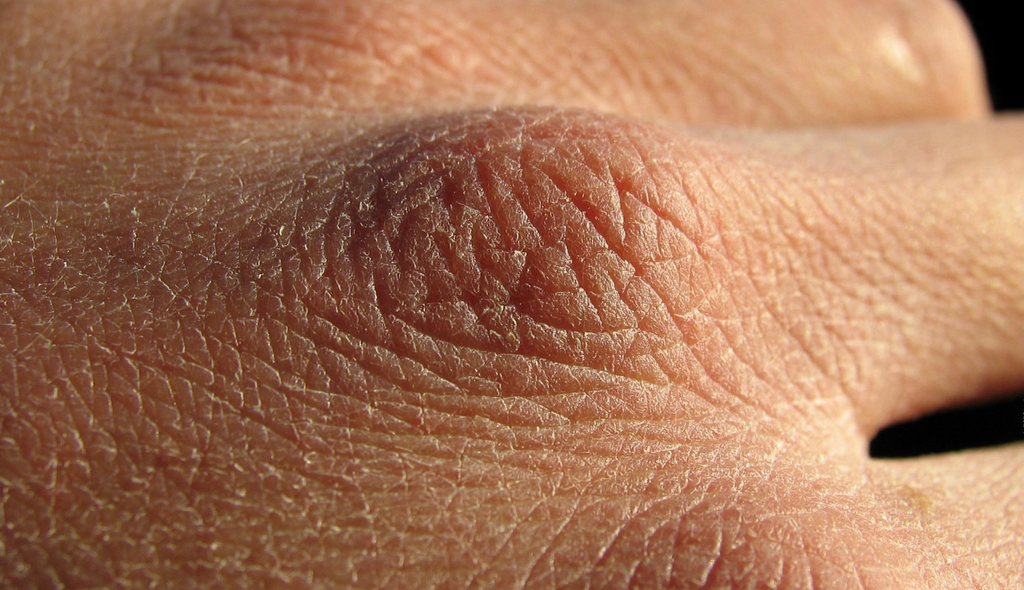
Sure, certain denatured alcohols can have positive, short-term effects for acne sufferers and those with oily complexions. However, they tend to be very harsh and will strip and dry your skin over time. When used repeatedly, these alcohols can also weaken your skin’s natural barrier, making it harder for your skin to retain moisture and elasticity - making your skin more vulnerable to environmental stressors like UV radiation. Repeated use of these alcohols can even cause cell death, which will significantly increase symptoms of aging such as fine lines and wrinkles, and loss of elasticity.
While repeated use of denatured alcohols is bad news for your skin, these ingredients are unlikely to have a harmful effect upon your overall health. The EWG ranks denatured alcohols like ethanol and isopropyl alcohol as “low hazard” ingredients, and there is no substantial body of evidence linking topical use of these products with serious concerns like organ toxicity or cancer. These alcohols may be capable of causing breakouts, skin irritation, and wrinkles, but they’re unlikely to pose a more serious hazard.
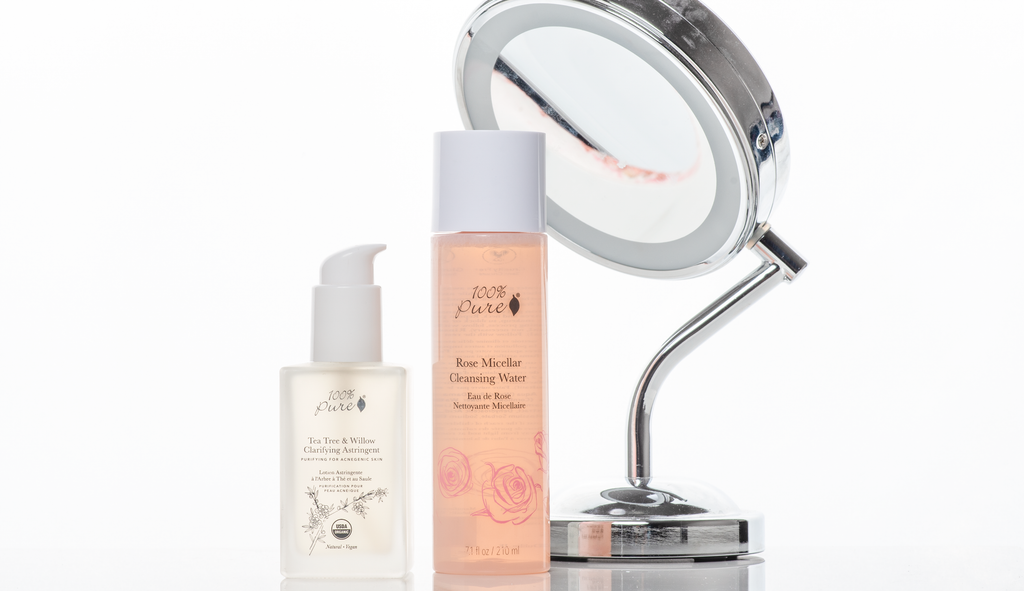 Safe Alcohols for Skin
Safe Alcohols for Skin
In contrast to denatured alcohols made using petroleum products, fatty alcohols are derived from natural ingredients like coconut and nuts. These fatty alcohols include cetyl alcohol made from coconut oil, and stearyl alcohol which is made from coconut or vegetable oil. Rich in healthy fats, these alcohols are generally used as emulsifiers, to help create a thick, luxurious texture in skin care products.
Due to their high content of fatty acids, fatty alcohols can actually have a positive impact on your skin. Fatty acids have emollient properties, meaning they help to bolster your skin’s defensive barrier, by both locking in moisture and potentially protecting your skin from damage. While fatty acids are safe for use on most skin types, they may not be suitable for sensitive skin.
Like denatured alcohols, fatty alcohols are generally considered safe from an overall health perspective, and tend to receive “low hazard” rankings from the EWG. So when you see ingredients like cetyl alcohol and stearyl alcohol, have no fear!
Another important tip when using alcohols? If you’re using a product that contains alcohol, just be sure it’s a rinse-away product, like a cleanser. The biggest place to avoid alcohols is in things like creams, foundations, primers, and serums.
While denatured alcohols have useful properties as preservatives and astringents, there are many natural and safe alternatives that can be used in their stead.
Natural Astringents
Instead of choosing a product that uses alcohol as an astringent, consider seeking out a product that features natural astringents, like green tea or witch hazel. These all-natural, powerful, and skin-safe ingredients are also excellent for DIY beauty recipes!
Natural Preservatives
Natural ingredients can also be substituted for harmful preservatives in order to lengthen products’ shelf lives, without putting a consumer’s health at risk. Radish root ferment filtrate is one example of a natural preservative (it’s literally made out of fermented radish roots) that many natural beauty brands use in the place of chemical preservatives. We’re a big fan of Japanese Honeysuckle, too!
The risks and benefits of different alcohols are often misunderstood. Fatty alcohols definitely have a place in skin care formulas, as they benefit the skin by boosting moisture retention. We recommend seeking out natural alternatives to denatured alcohols wherever possible, and carefully monitoring your skin while using any alcohol-based product to ensure that it doesn’t cause a reaction.
- Tags: December-2018, Skin Care, Susies Lab
We carefully hand-select products based on strict purity standards, and only recommend products we feel meet this criteria. 100% PURE™ may earn a small commission for products purchased through affiliate links.
The information in this article is for educational use, and not intended to substitute professional medical advice, diagnosis, or treatment and should not be used as such.


